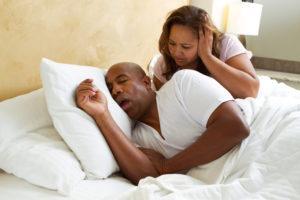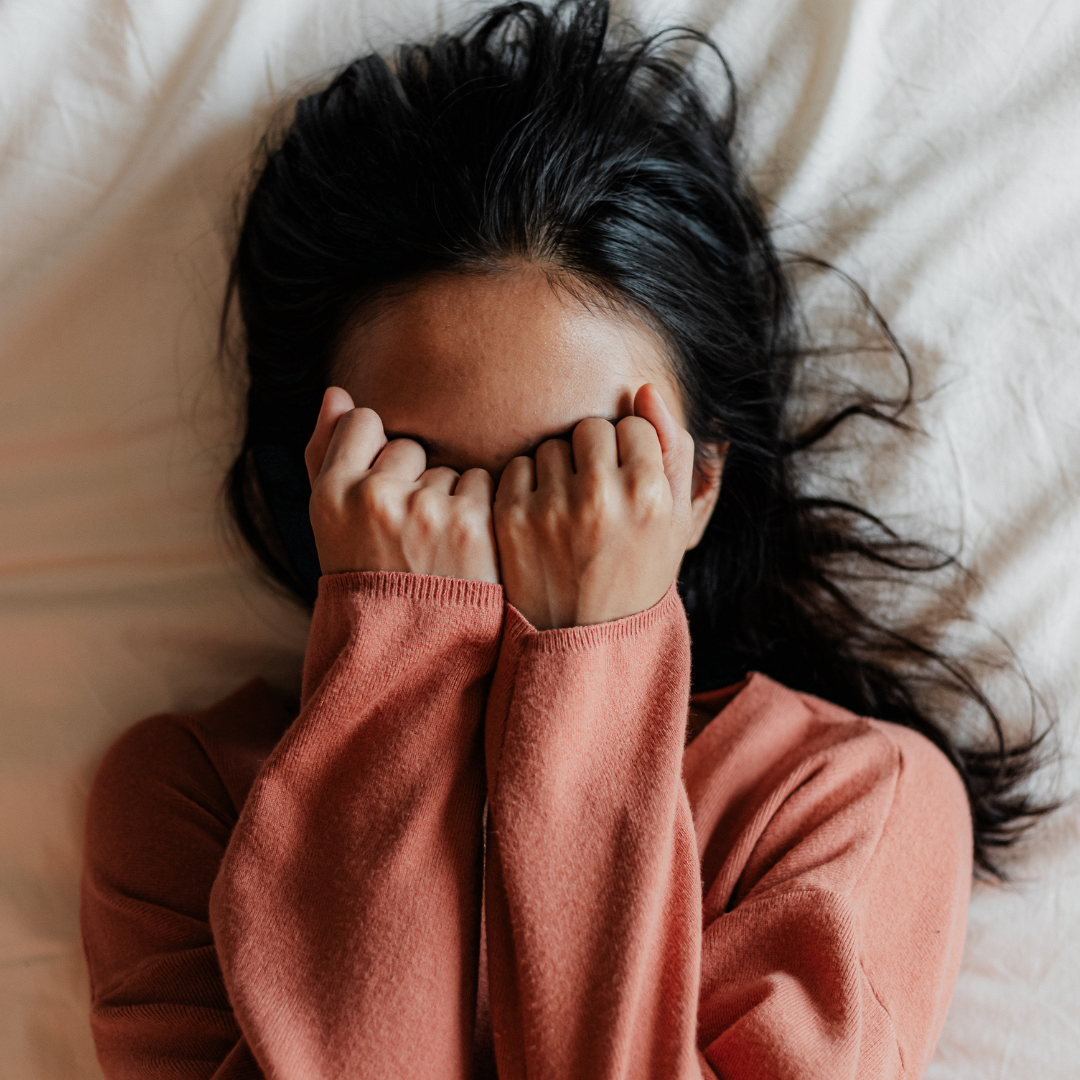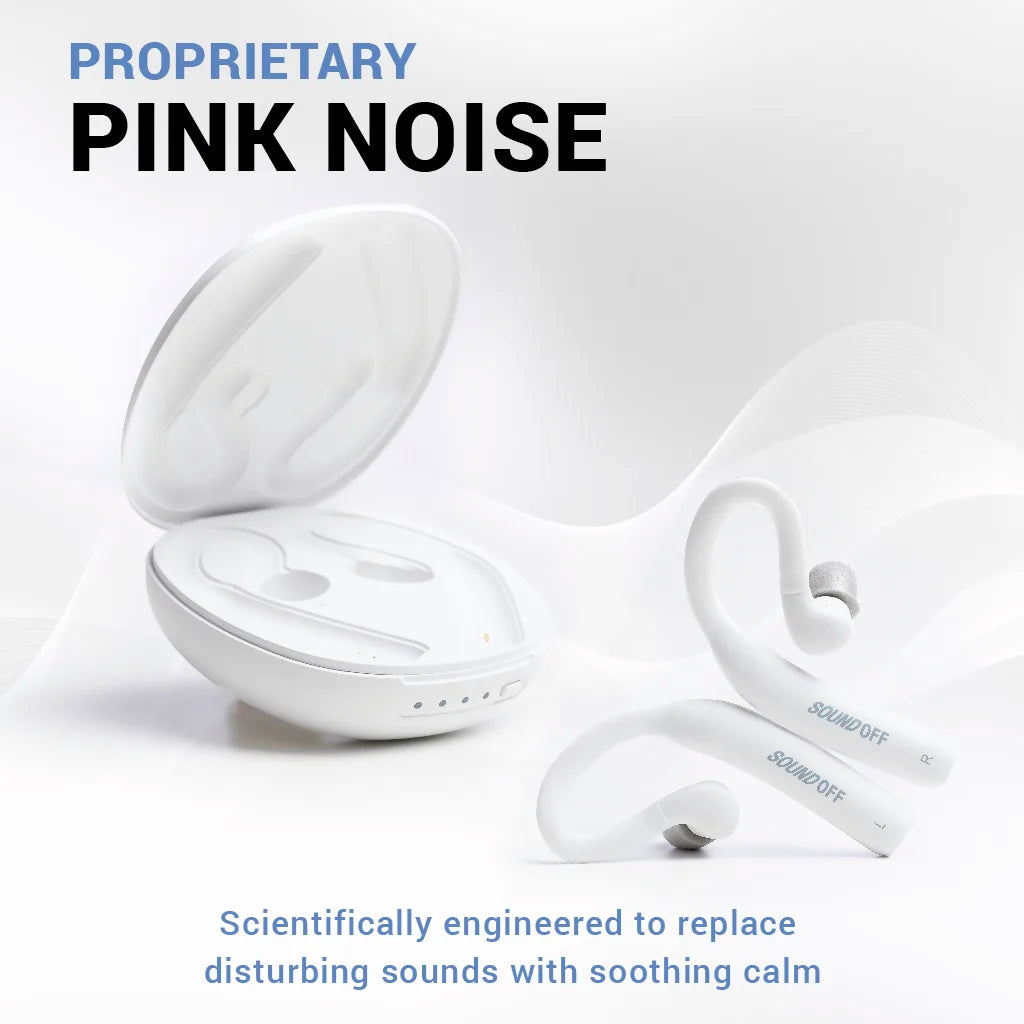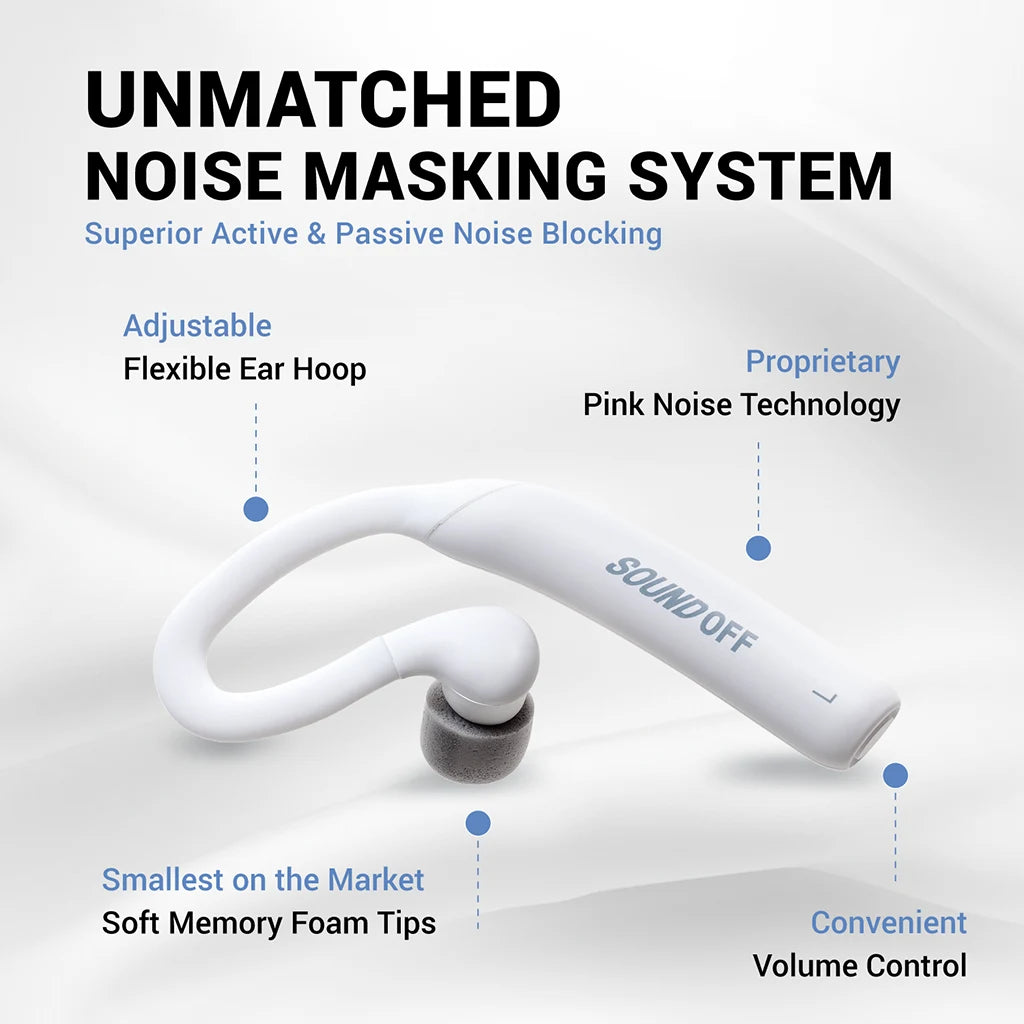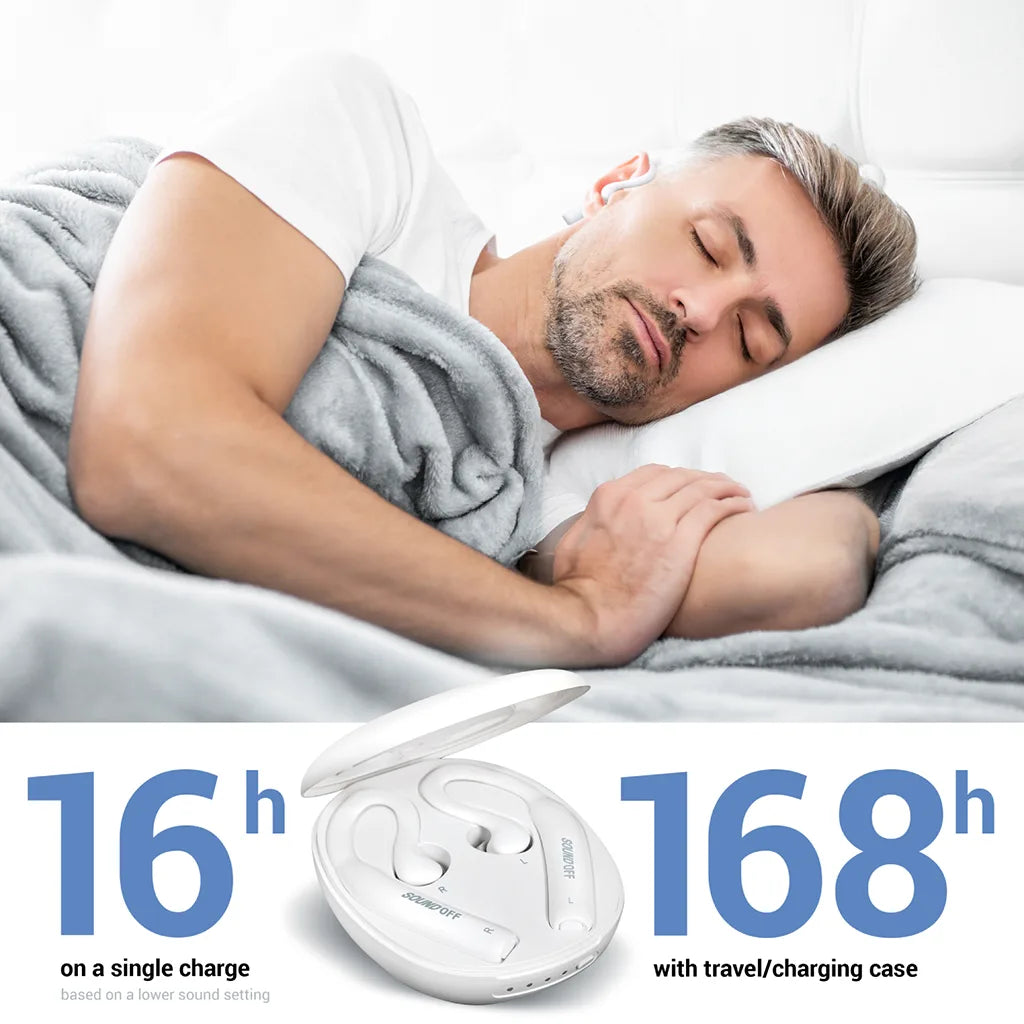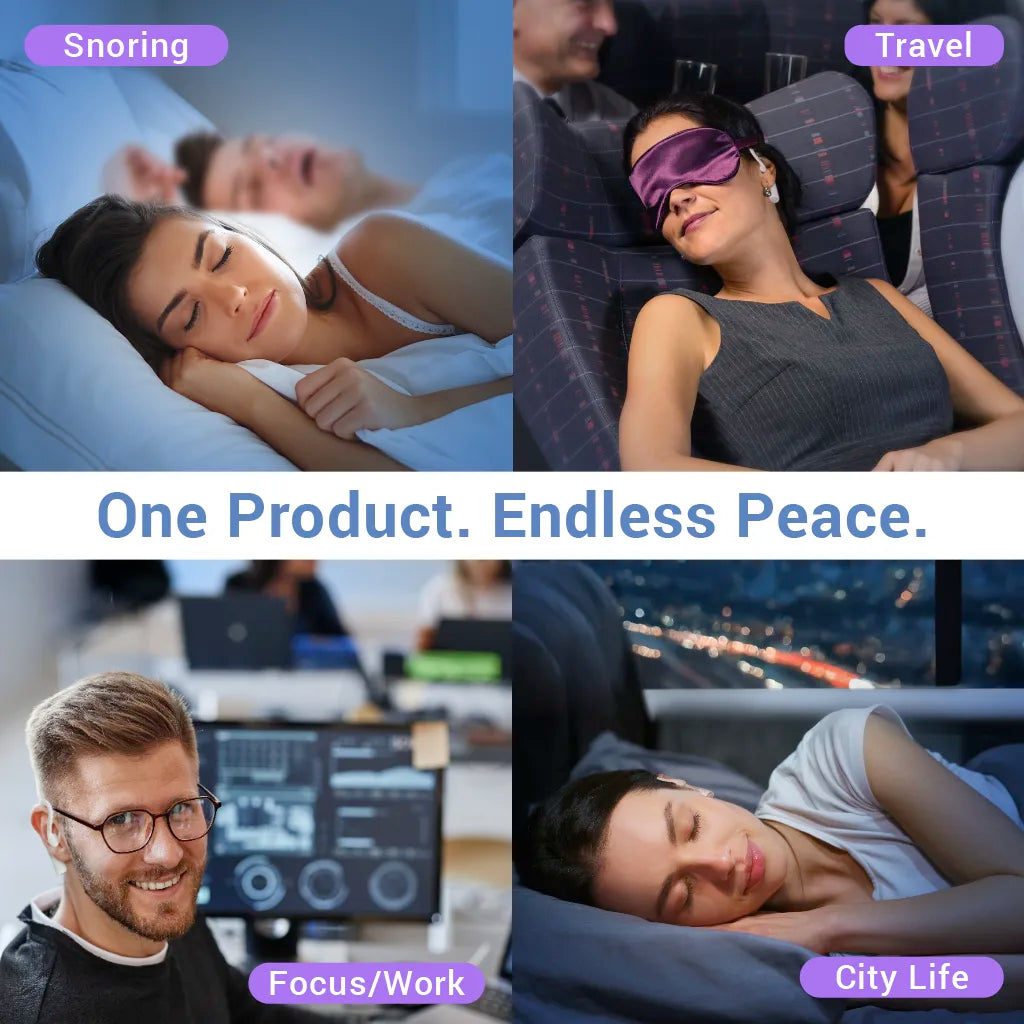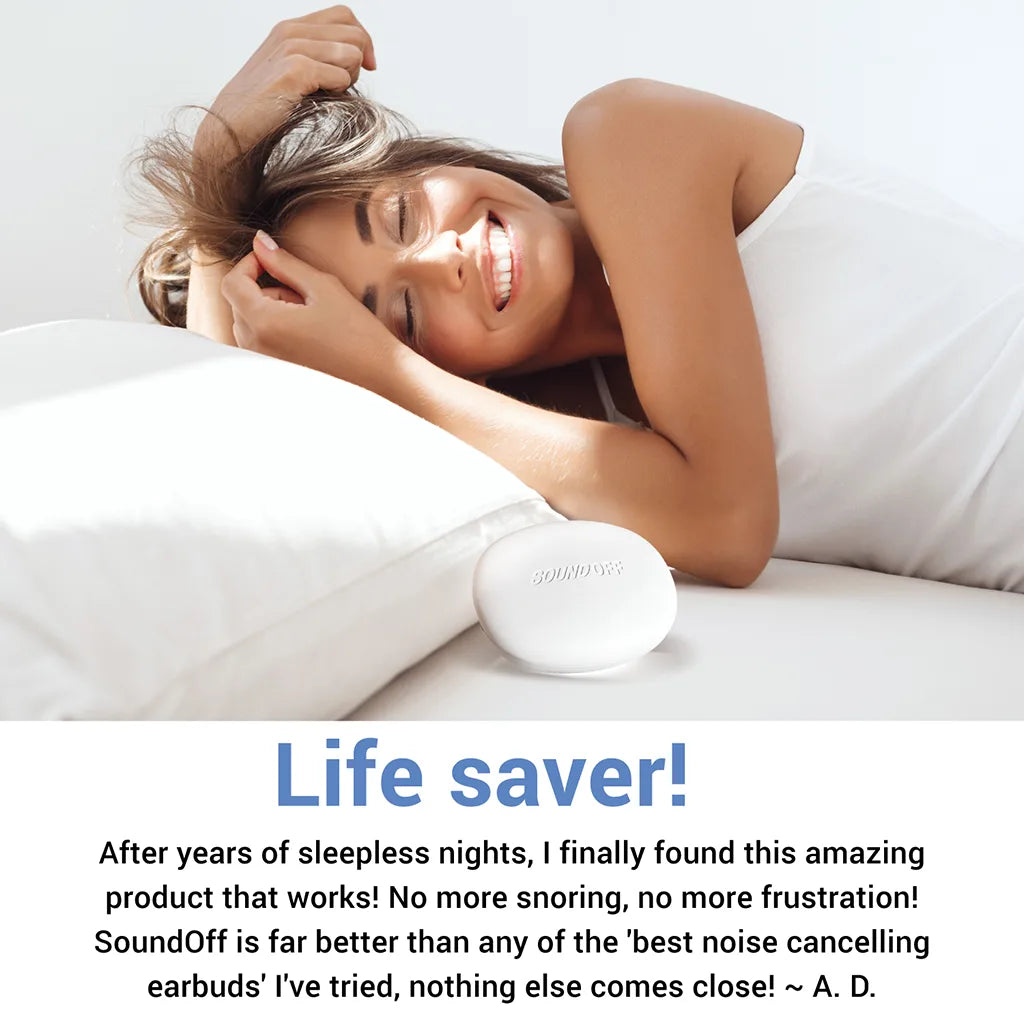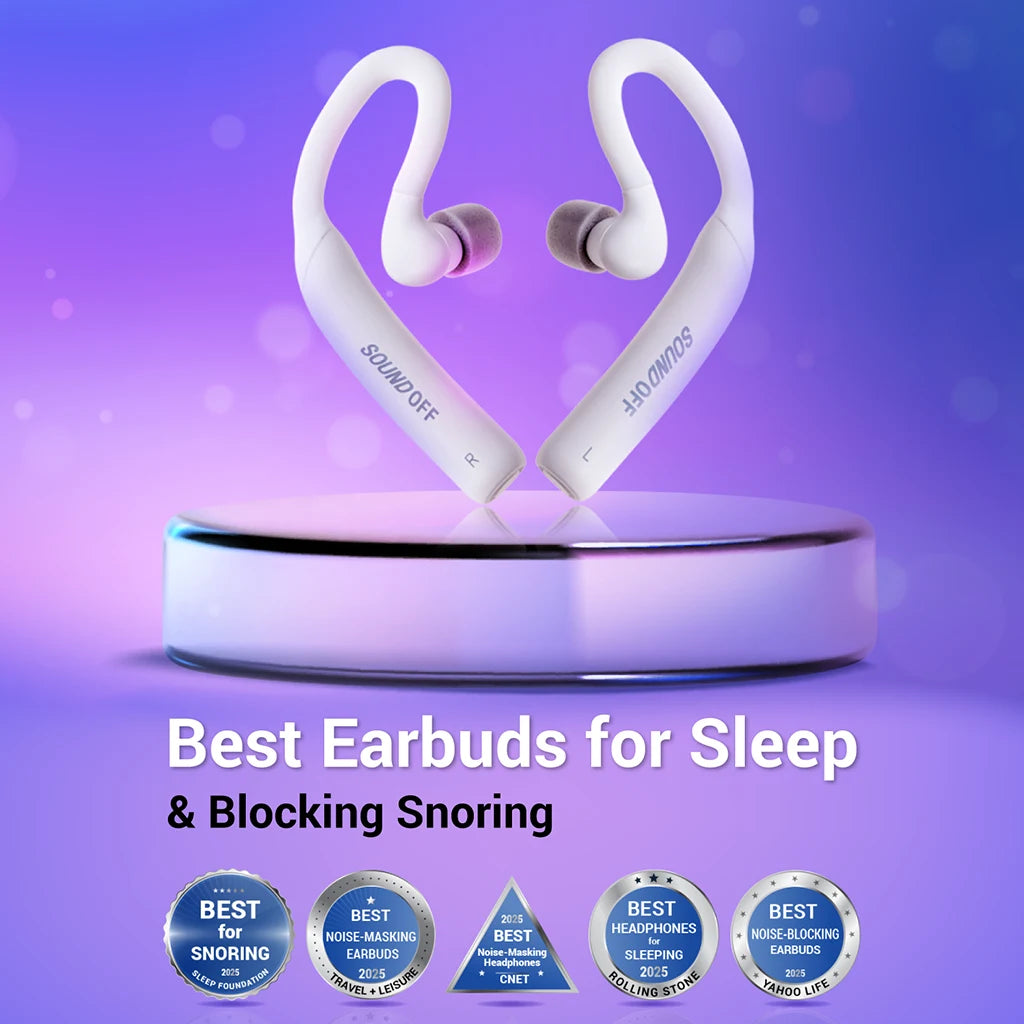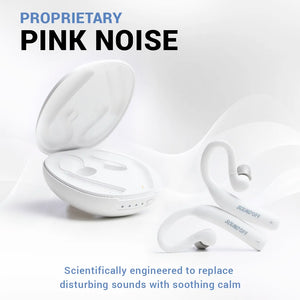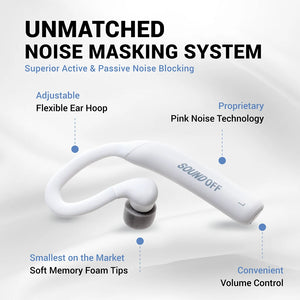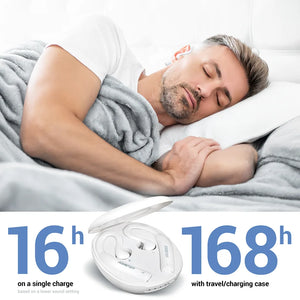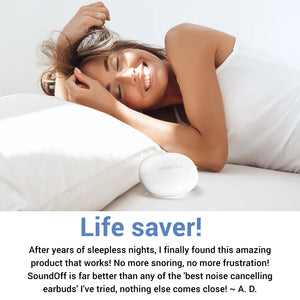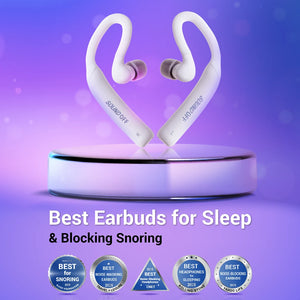
Introduction:
Research has shown that 60 to 70 million Americans suffer from some kind of sleep disorder with 45% of adults experiencing snoring at least occasionally.
Snoring is at the very least a sleep nuisance to not only the person involved but also to the sleep partner and family, who may suffer from sleep deprivation. And at the other end of the spectrum, snoring can signify a serious health problem that needs to be addressed with professional medical treatment and counseling.
There can be several causes of snoring. It can be mouth-based, nose-based, or throat-based. The most common form is throat-based.
Throat-based snoring is the collapsing of the tongue and soft palate against the back of the throat, which leads to a vibrating sound – one that can be loud and sustained and can interrupt sleep and annoy anyone nearby.
Snoring can be dangerous to one’s health. Research indicates that 75% of people who snore have a condition called obstructive sleep apnea where they actually stop breathing at intermittent intervals during sleep. If unattended to, this can lead to heart disease.
Recognizing the problems associated with snoring – whether medical or social – people who snore (and those around them) have searched for home snoring remedies and have tried many ways to alleviate if not solve completely the snoring problem.
There is even a “snore test” to help you decide if you have a problem. And if you do, here are some of the tips and tricks that have been found effective to eliminate snoring or at least help you minimize the problem.
Change Sleeping Positions
Snoring seems to be at its peak when the snorer is sleeping flat on his or her back. This is the sleep position that best allows the tongue and soft palate to block the breathing passage.
Changing sleeping positions and sleeping on your side can reduce snoring significantly. Many people find that a long body pillow can help make this ab easier transition.
Piling up pillows to raise the head can help prevent snoring, but this can also lead to neck problems. Some beds can be raised, and this would also help improve the breathing “angle.”
Avoid Stimulants and Depressants
Alcohol and sedatives are depressants. They can also change the muscle tone in the back of the throat and can lead to or increase snoring. Taking either of these within several hours of going to bed can make snoring worse and can interfere with a good night’s sleep.
Caffeine is a stimulant. It should also be avoided. Everyone knows that coffee is a major source of caffeine. And so is tea. But tobacco is a caffeine product. So is chocolate. Stimulants like these should be avoided when sleep is needed.
Losing Weight can Help
Overweight people are more likely to snore. This is because carrying extra weight around the neck can squeeze the throat and put extra pressure on the air passageway, partially obstructing airflow.
Some people who were not snorers before gain weight and become snorers. For these people especially, weight loss should be an important consideration to correct the problem.
Weight loss has also cured many people of the obstructive sleep apnea that is associated with habitual snoring.
Avoid getting Overtired
Working hard can lead to snoring when sleep eventually occurs. It is better to sleep at regular times before getting overtired. Working overtime or extra shifts and then finally “crashing” can lead to muscles becoming softer and more relaxed than normal – a condition very conducive to snoring.
Open Nasal Passages
There is nothing like a hot shower to help someone get to sleep. The steam opens airways and allows the lungs to pump air more slowly through the nose. It’s like using a wider pipeline or garden hose that makes it easier for water (or air) to pass through.
There are many over-the-counter (OTC) sprays that can also open nasal passages and facilitate breathing. And many people use vaporizers or “neti pots” to help clear nasal pathways. Adding moisture reduces nasal irritation and can reduce the friction that goes with snoring.
Drink more Water
Staying hydrated is a healthy practice that is commonly overlooked by anyone who snores. In the absence of outside of hydration, the nose does more secreting that and contributes a stickiness to the soft palate.
There are differing suggestions as to how much liquid should be taken on a daily basis, but several bottles of water are usually recommended. Alcohol and caffeine can also lead to dehydration and should be minimized if snoring is an issue.
Eating a large meal before bedtime can interfere with sleep. Try to have a smaller one or a snack before bedtime and confine larger meals to earlier in the evening if possible.
Power Down Devices
Surrounded be communications devices, people are normally intense and involved. When it’s time to sleep, it’s time to power down. Turn off TVs, and put those cell phones into their chargers. But make sure the charge lights are not facing you. When it’s time to charge your device’s batteries, it’s also time to charge your own.
When you think about powering down those devices, think about giving yourself some extra time, too. Try reading or some relaxing activity that can be done with the lights dimmed. If you go to bed and can’t sleep, try getting up and going to another room for a while.
If your mind is racing, get up and try some activity that will take your mind off those things that are keeping you from relaxing.
Avoid Afternoon Naps
Afternoon napping can interfere with a good night’s sleep. Your body is saying “why do we have to fall sleep again, we had enough sleep already.” If you have to nap, try to make it earlier in the day and lead to sleep disorders.
A nap should be relatively short – under a half-hour. Sometimes it’s called taking a “power nap” because it can provide a burst of energy. But every nap should be looked at in terms of long term as well as short term effects. Take the immediate benefits but try not to diminish the overnight ones.
Change Pillows and Seal Mattress
Allergies can affect sleep and promote snoring. Allergies can come from many sources and some are less known than others. Dust mites and mold can compromise mattresses and pillows.
Good hygiene can minimize allergic reactions. There are allergy-free pillows available. Changing covers often can help. Sealing the mattress and box spring in a plastic cover can help as well.
More Ideas
Snoring is a condition made worse by poor sleep planning. Here are a few more ideas for mitigating sleeplessness and tips to stop snoring.
- Adjust to different time zones when traveling by altering your sleep patterns a little at a time
- Avoid alcohol right before bedtime
- Dim the lights; if your body senses darkness, it will know it’s time to sleep
- Quiet any noise
- Consult your doctor for CPAP treatment (continuous positive airway pressure)
- Make the bed comfortable
- Make sleeping on your back uncomfortable – sew a tennis ball to the back of your night shirt or pajama top; it’s actually a popular remedy
- Hide your clock
- And this one sounds crazy, but try singing or playing an instrument; the exercise will strengthen throat muscles and firm up soft throat tissues
So quit smoking, stop drinking alcohol, lose weight, treat nasal congestion with nasal sprays or nasal strips, sleep on your side, keep your neck muscles toned and stay away from stimulants if you want to treat snoring and sleep apnea.
Making some adjustments to your lifestyle will help you reduce or stop habitual snoring, improve the quality of your sleep, and give you the energy you need to live a healthier lifestyle.

